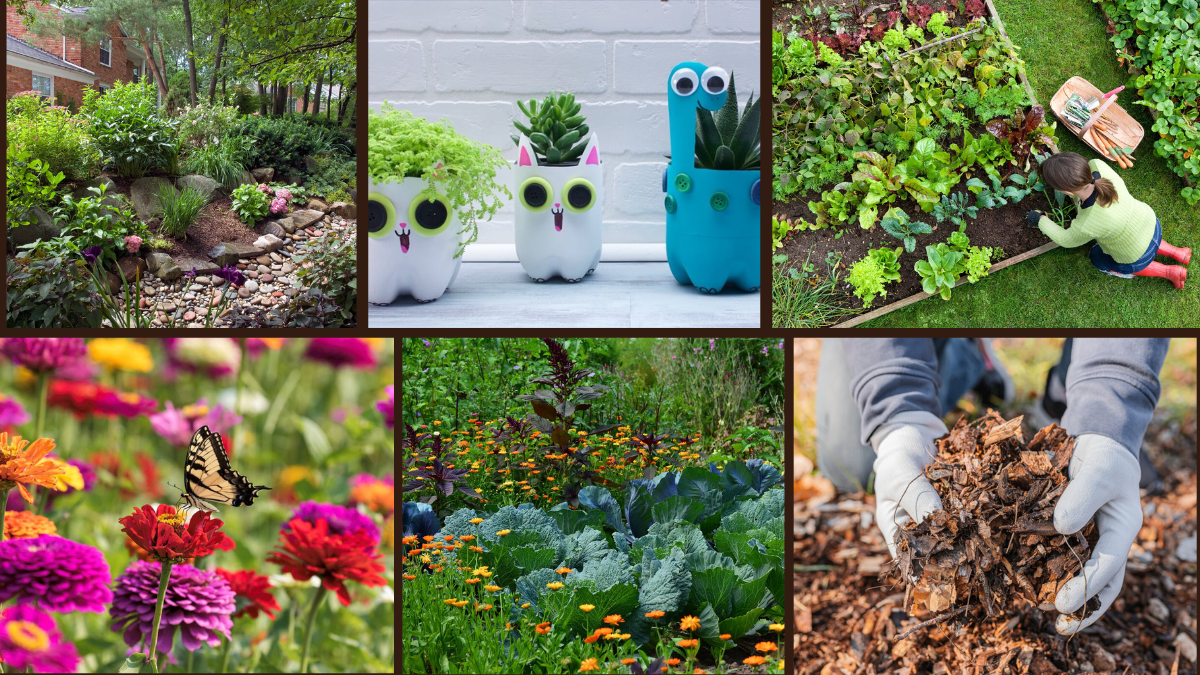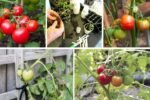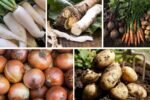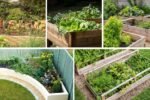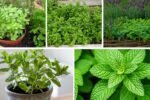In today’s world, creating a beautiful garden isn’t just about pretty blooms and neat borders — it’s about protecting the environment and promoting sustainability. Eco-friendly planting ideas help conserve water, reduce waste, and attract pollinators while giving your outdoor space a charming, natural look. Whether you’re starting fresh or upgrading your current garden, these ideas will inspire you to grow greener and smarter.
1. Plant Native and Drought-Tolerant Species
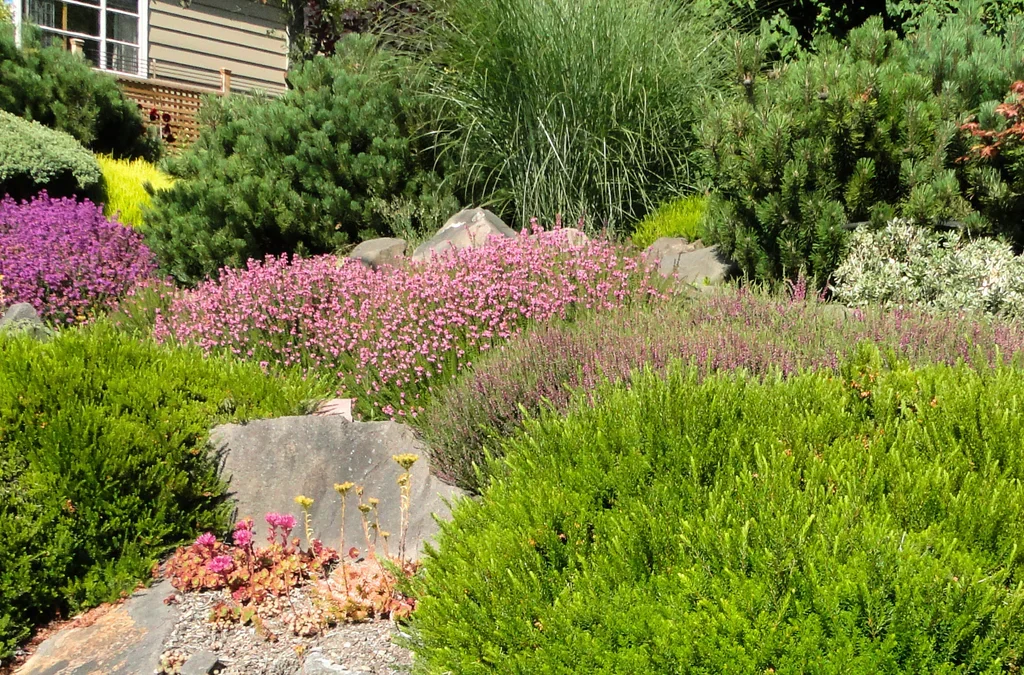
Native plants are perfectly adapted to your region’s soil, climate, and rainfall patterns. This means they require less water, fertilizer, and care, making them a naturally sustainable choice. Drought-tolerant species like lavender, sedum, and coneflowers thrive with minimal watering and attract local pollinators like bees and butterflies. Incorporating native plants not only conserves resources but also helps support your area’s biodiversity by providing shelter and food for native insects and wildlife.
2. Create a Rain Garden
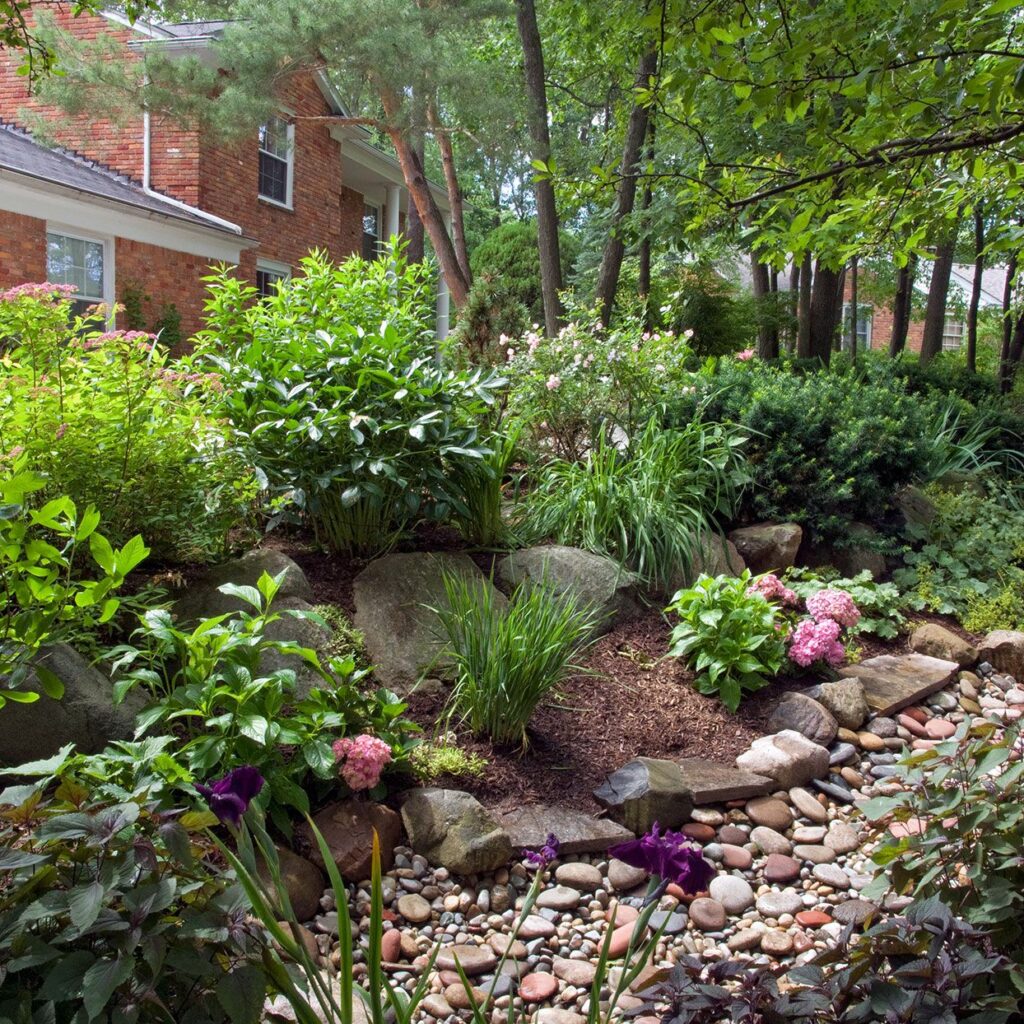
A rain garden is a shallow, landscaped depression that captures and filters rainwater runoff from roofs, driveways, and patios. By planting moisture-loving plants like ferns, irises, and swamp milkweed, you can turn a low spot in your yard into a vibrant, eco-friendly feature. Rain gardens reduce stormwater pollution, recharge groundwater supplies, and prevent soil erosion — all while providing a lush, visually appealing haven for beneficial insects and birds.
3. Use Recycled and Upcycled Planters
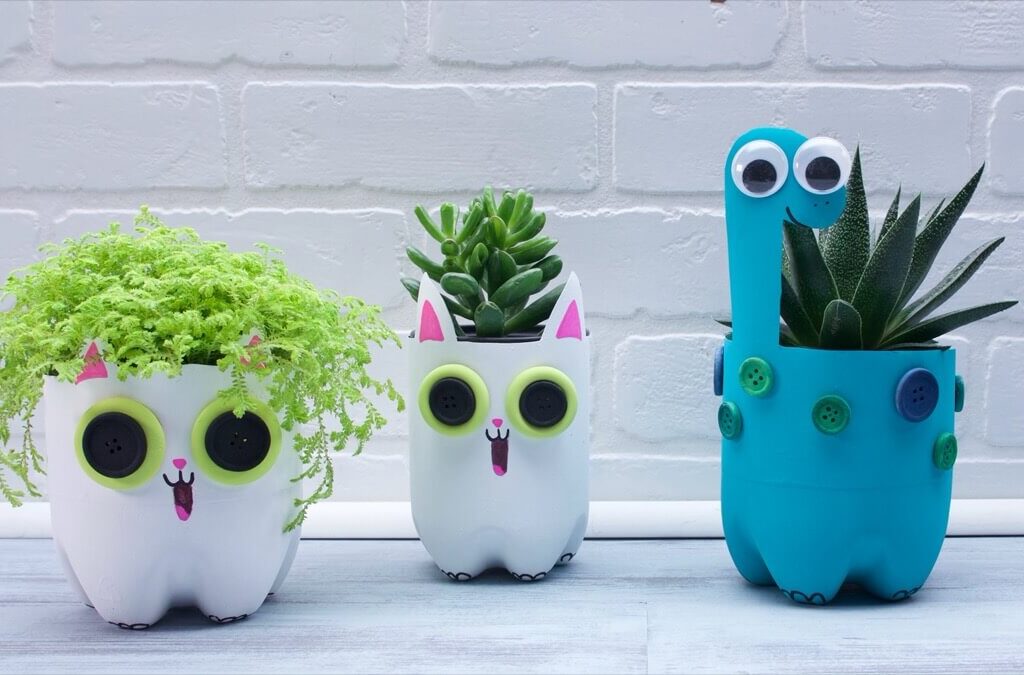
Give old containers a second life by transforming them into unique garden planters. Items like wooden crates, tin cans, worn-out boots, and broken wheelbarrows can be repurposed into charming plant holders. Not only does this reduce landfill waste, but it also adds rustic character and personality to your garden. Paint and decorate your recycled planters to match your garden’s theme and fill them with herbs, flowers, or trailing vines for a truly sustainable and creative display.
4. Grow Your Own Vegetables and Herbs
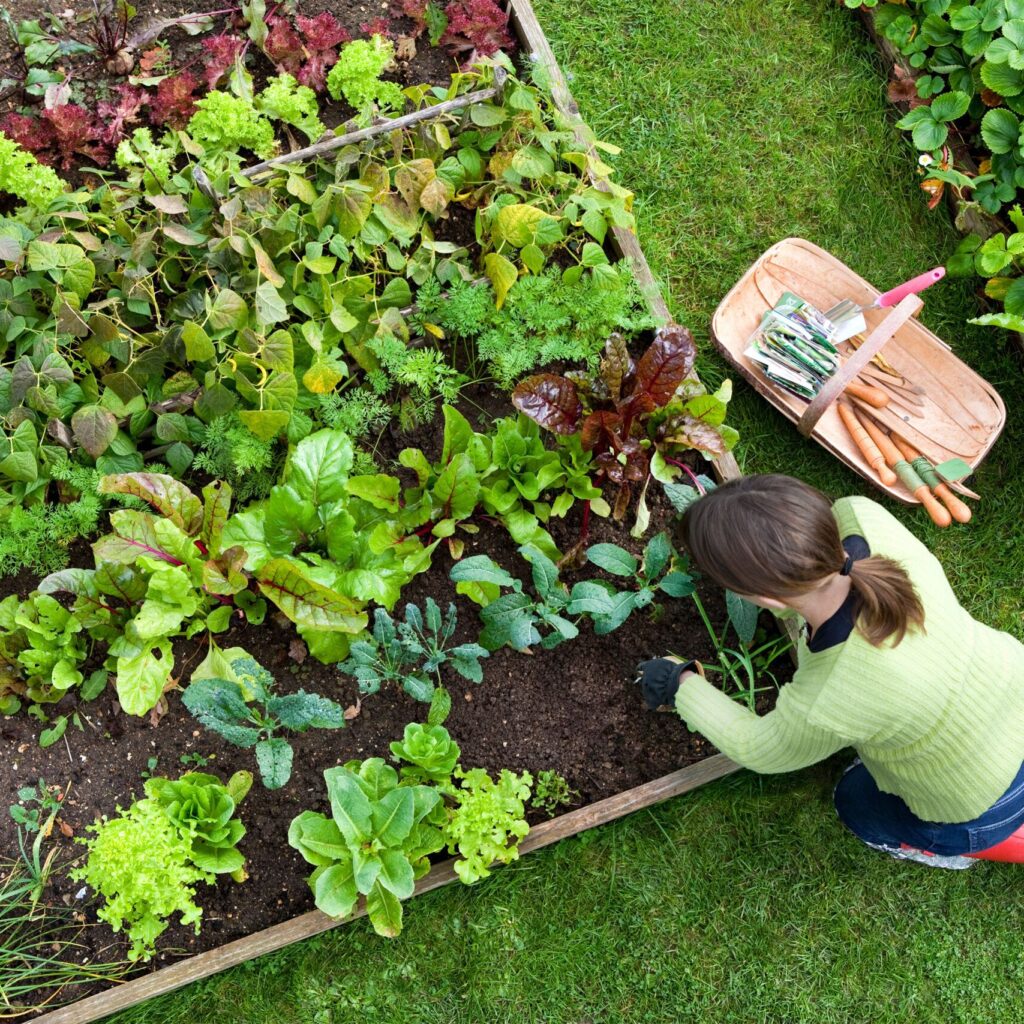
One of the most rewarding eco-friendly planting ideas is starting a kitchen garden. Growing your own vegetables and herbs reduces reliance on store-bought produce, which often travels long distances and is packaged in plastic. Easy-to-grow options like tomatoes, basil, lettuce, and mint can thrive in garden beds, containers, or vertical planters. Freshly picked, homegrown food tastes better, is more nutritious, and helps cut down on your carbon footprint while saving money.
5. Plant for Pollinators
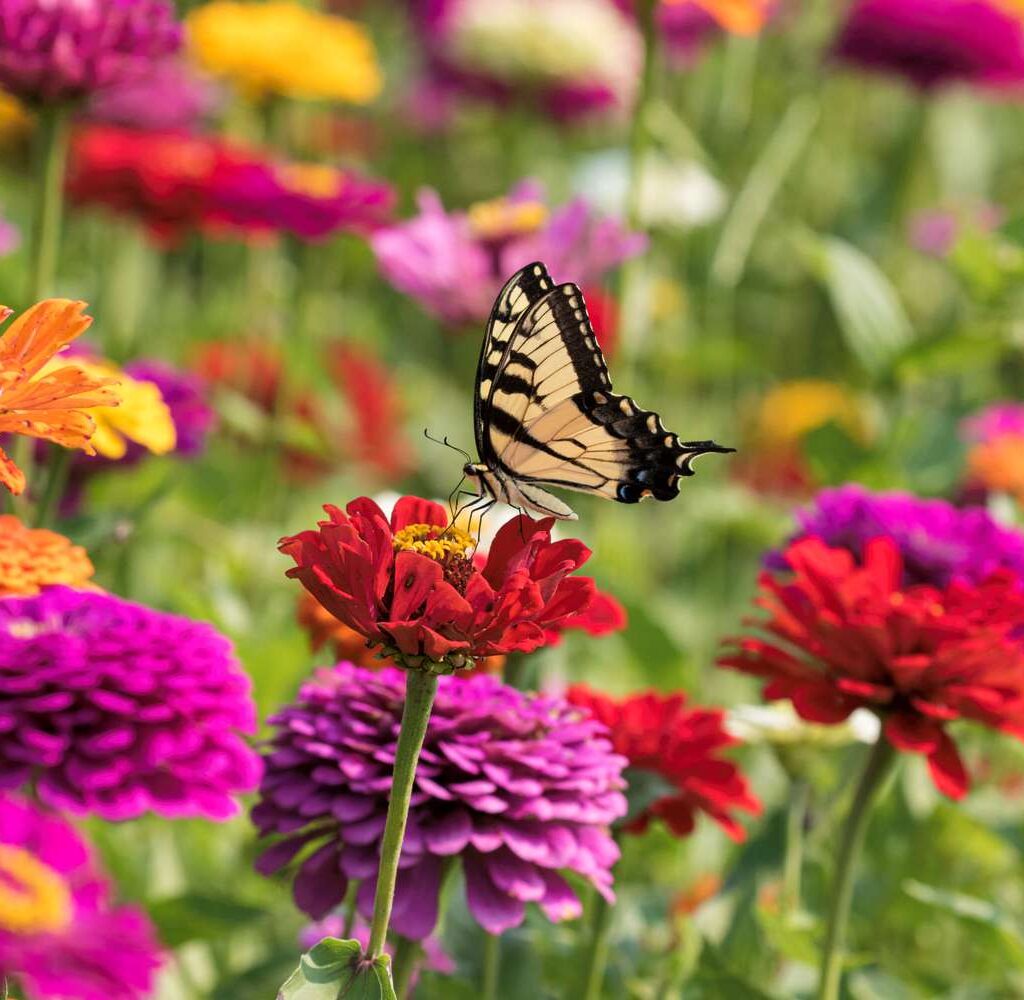
Help sustain local ecosystems by planting flowers and shrubs that attract bees, butterflies, and other pollinators. Species like echinacea, sunflowers, bee balm, and butterfly bush provide nectar and pollen, ensuring that these essential insects can thrive. Avoid using chemical pesticides and opt for organic solutions to keep your pollinator-friendly plants safe. By supporting pollinators, you’re contributing to the health of your community’s natural environment and improving the productivity of your own garden.
6. Incorporate Companion Planting
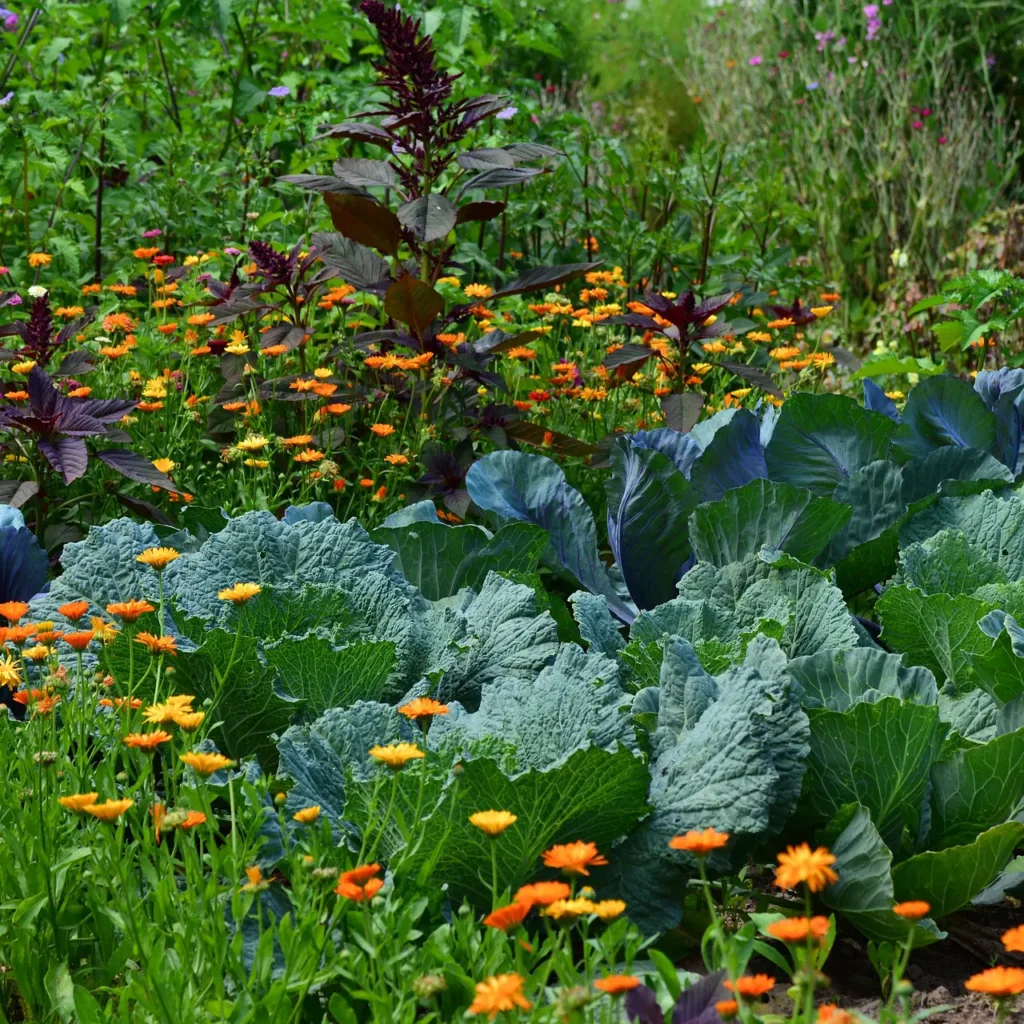
Companion planting involves growing different plants together that naturally support each other’s growth. Certain plant combinations deter pests, improve soil health, and boost crop yields without synthetic chemicals. For example, planting marigolds alongside tomatoes can repel harmful insects, while beans fix nitrogen in the soil, benefiting leafy greens. This eco-friendly technique not only reduces the need for chemical pesticides and fertilizers but also makes your garden look fuller, healthier, and more diverse.
7. Use Organic Mulch and Compost
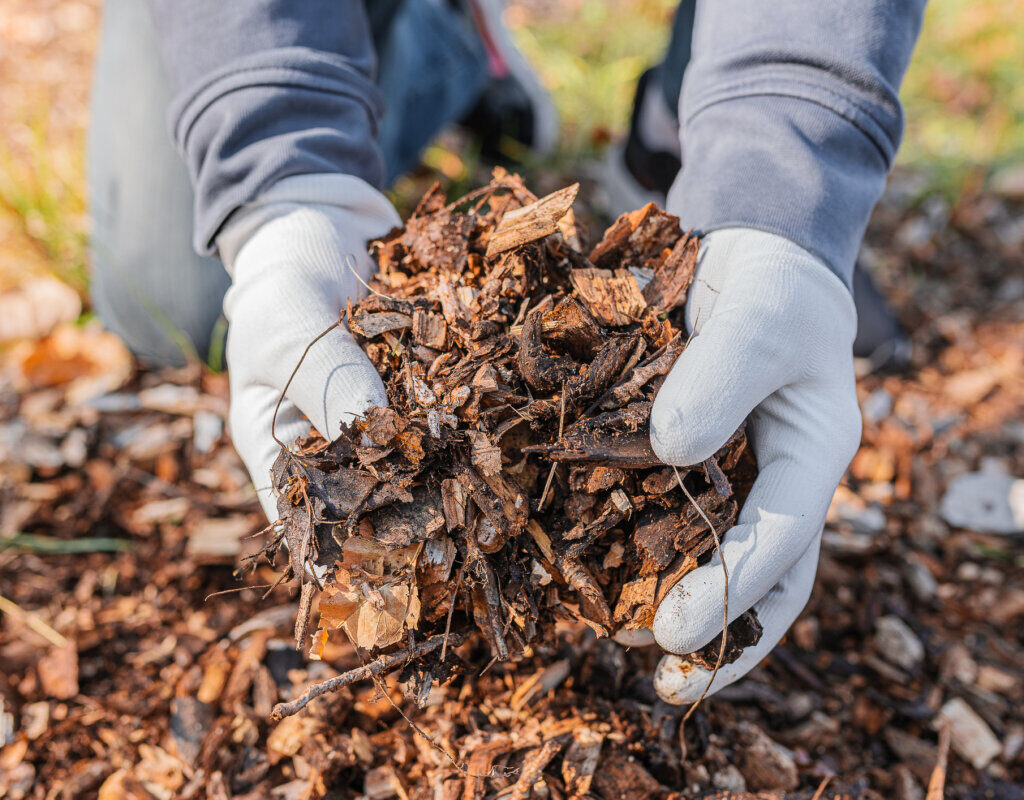
Enrich your garden soil naturally by adding organic mulch and homemade compost. Organic mulches like straw, leaves, bark chips, and grass clippings suppress weeds, retain moisture, and improve soil structure as they break down. Composting kitchen scraps, garden waste, and biodegradable materials reduces landfill contributions and creates nutrient-rich humus to feed your plants. This simple, eco-conscious practice supports soil health, reduces water use, and minimizes garden maintenance.
Final Thoughts:
By adopting these eco-friendly planting ideas, you can transform your garden into a sustainable, low-impact oasis that benefits both you and the environment. Small changes like choosing native plants or composting kitchen waste make a big difference when it comes to preserving nature and creating a more mindful, green space for the future.
